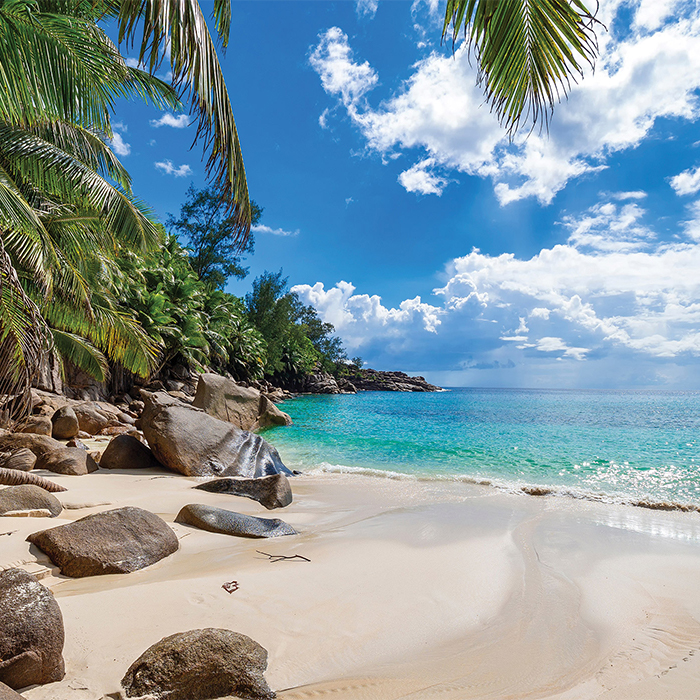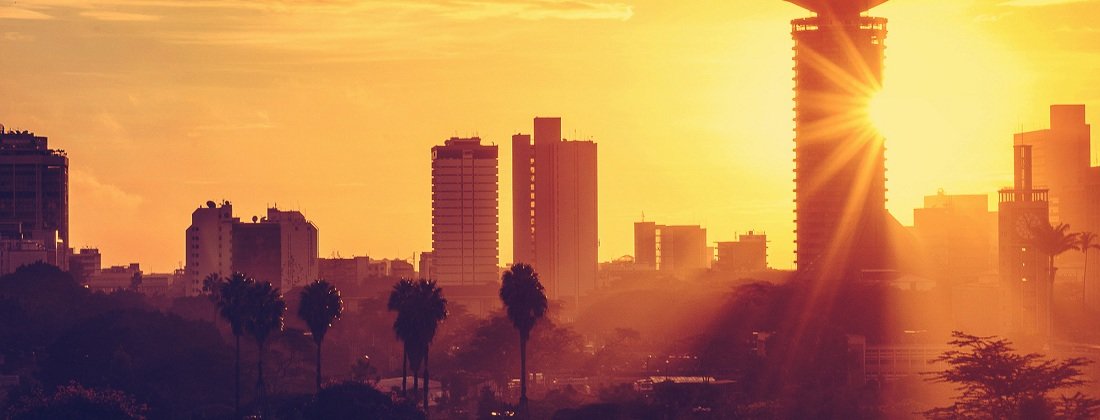Our global footprint
Far away, not far-fetched
From beautiful countryside to idyllic coastlines to bustling city centres, our portfolio of global properties brings distance closer.

Botswana
Explore Botswana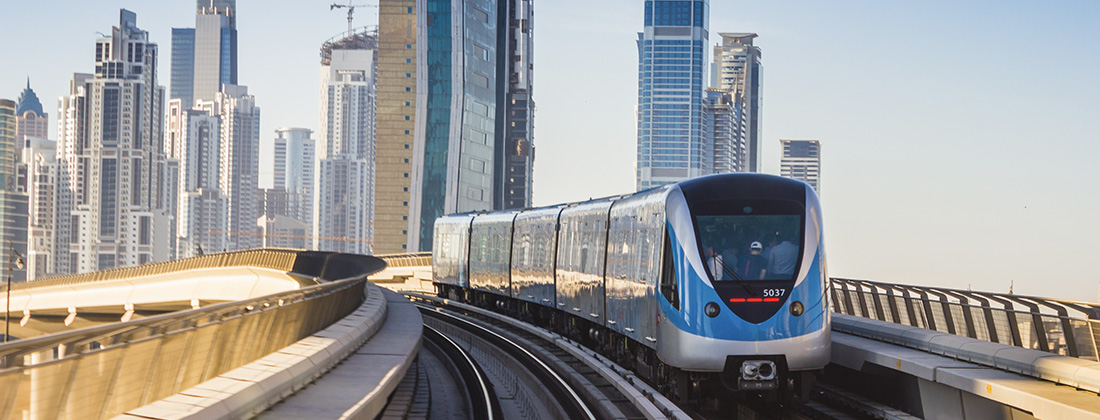
Dubai
Explore Dubai
Eswatini
Explore Eswatini
Greece
Explore Greece
Grenada
Explore Grenada
Mauritius
Pam Golding Properties Mauritius
Mozambique
Explore MozambiqueNamibia
Pam Golding Properties Namibia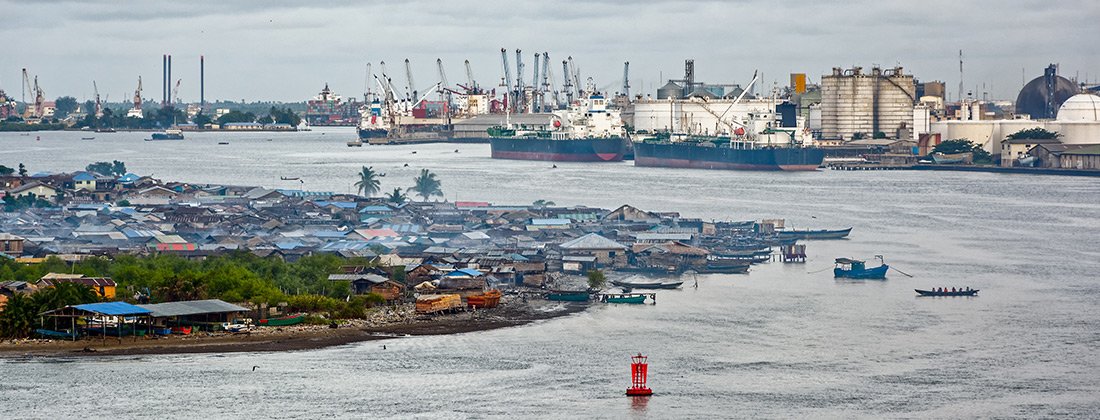
Nigeria
Explore Nigeria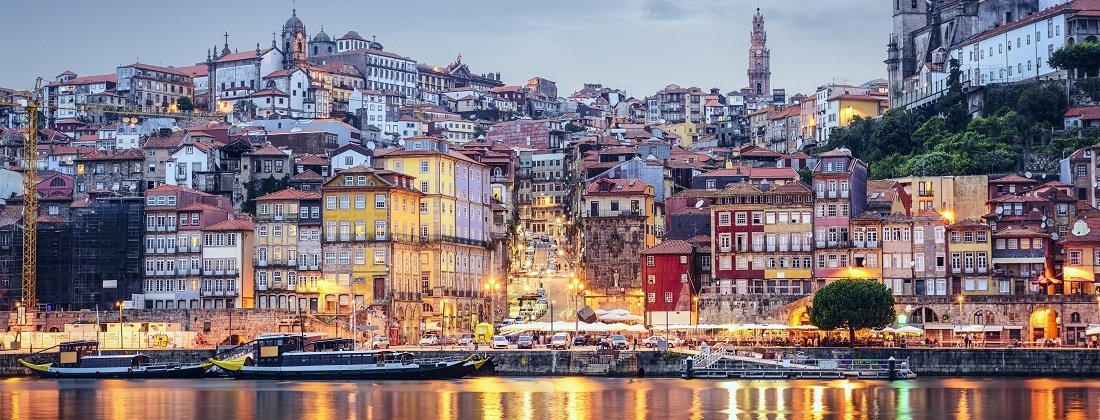
Portugal
Explore Portugal
Seychelles
Explore Seychelles
Uganda
Explore Uganda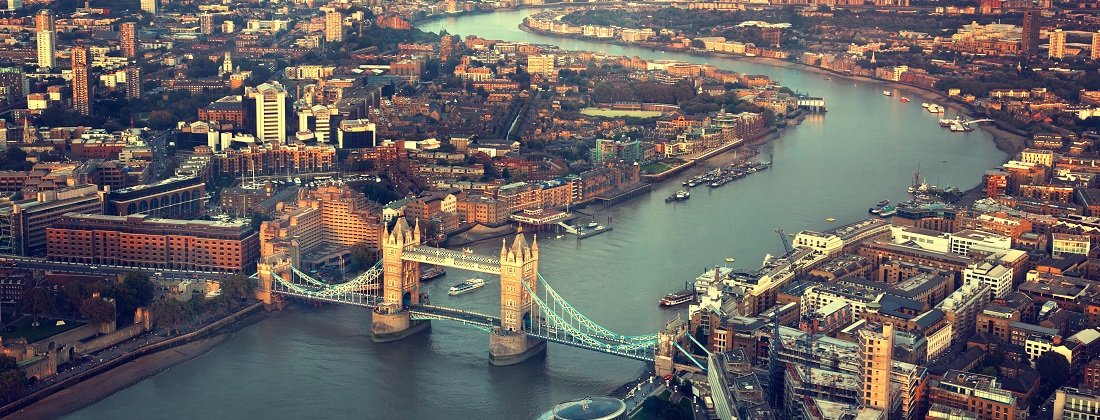
United Kingdom
Explore United Kingdom
Zimbabwe
Pam Golding Properties ZimbabweCitizenship and residency
Prime-located properties around the world are increasingly regarded not only as resilient assets, but as desirable lifestyle choices for partial or permanent use. Apart from being effective investments, inflation hedges and portfolio diversifiers, these properties can also facilitate international relocation, residency and citizenship.
Here, we present a selection of opportunities in various prime locations.
"Today, acquiring a quality property in a leading, global destination has never been easier." Chris Immelman, Head of Pam Golding International
Foreign Residency Offerings
Dubai
Dubai Golden Visa prgrammeDubai's real estate market is currently experiencing unprecedented momentum, driven by a surge in tourism, record-breaking property sales, and a rapidly expanding population. Pam Golding International, in collaboration with prominent developers like Azizi Developments, offers access to high-quality projects such as Azizi Venice and Azizi Milan that provide a strong potential for capital growth and rental returns.

Greece
Greece Golden Visa prgrammeThe Greece Golden Visa programme is one of the most attractive European Residency programmes, offering a renewable five-year visa. As a member state of the EU, Greece offers a wealth of opportunities in a safe and stable country. Excellent education, thriving industries and state-of-the-art healthcare facilities are just some of the advantages of living in this picture-postcard country.

Mauritius
Mauritian residency through investmentMauritius holds immense appeal for many South African investors and those considering relocation due to its convenient proximity, just a 4.5-hour flight from South Africa. This geographical advantage allows them to maintain their connections with family and business interests, all while relishing the splendors of this idyllic tropical haven.

Seychelles
Residency by investmentThe Seychelles is an archipelago of 115 islands in the Indian Ocean, off East Africa. It's home to numerous beaches, coral reefs and nature reserves, as well as rare animals such as giant Aldabra tortoises. Mahé, a hub for visiting the other islands, is home to capital Victoria.
